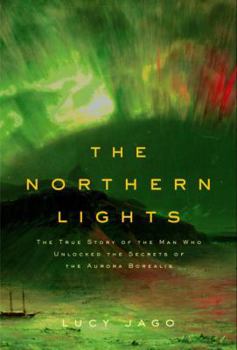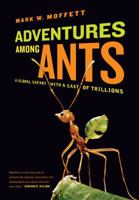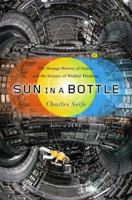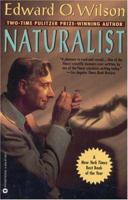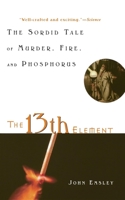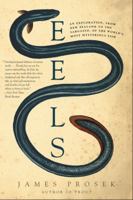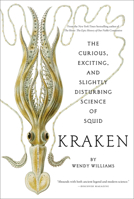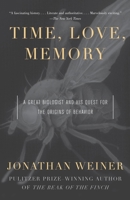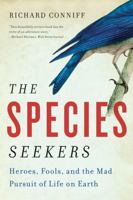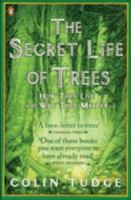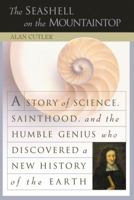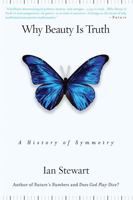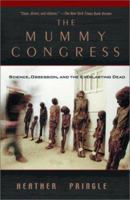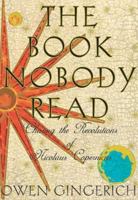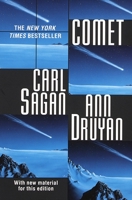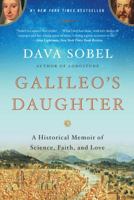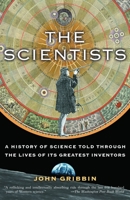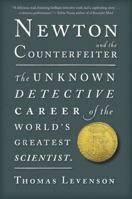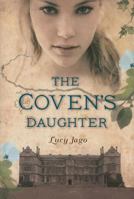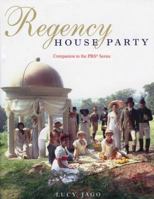The Northern Lights
Select Format
Select Condition 
You Might Also Enjoy
Book Overview
Combining popular science, biography, and arctic adventure in a book that reads lika a cross between Longitude, A Beautiful Mind, and Into Thin Air, Lucy Jago presents a riveting acount of the life and work of Norwegian scientist Kristian Birkeland, the visioinary who solved the mysteries of the aurora borealis. Here is the true story of an eccentric genius held captive by the allure of celestial splendor; of brushes with death on the remote snowcapped...
Customer Reviews
Rated 4 starsInteresting look into the life of a man you've never heard of
The book describes of the life of a quite remarkable Norwegian scientist who discovered the cause of the Aurora Borealis, invented the electro-magnetic canon, and created the process for synthesizing fertilizer. The book is an entertaining account, that falls short in its discussion of his science. As a personal account, his scientific journeys to Finmark in the heart of winter are an incredible demonstration of dedication...
0Report
Rated 4 stars--Secrets....Unraveled
This novel describes the man who unraveled mysteries of the brilliant Aurora Borealis and his challenging journeys against both society, and forces of nature. This Norwegian scientist by the name of Kristian Birkeland traveled through the harsh winter weathers of the mountains in Norway, to discover the secrets within the Northern Lights. Inspired by the beautiful moving curtains in the sky, Birkeland became set on researching...
0Report
Rated 4 starsFascinating - I was surprised!
I didn't hold out hope for this one - surprise! It was a fascinating blend of biography and the historical events involved in explaining the Northern Lights. Yet more amazing were some of the historical elements that gave background. Jago does a nice job on magnetism as well as on reflecting back on Birkeland's forsightedness in terms of modern physics. This man is truly an unsung hero of physics. If you teach science you...
0Report
Rated 5 starsPowerful Story
Words fail to describe the Aurora. Photographs cannot capture their essence. Science wrestled with an adequate explanation. At the turn of the century, Kristian Birkeland used the latest technology to observe and measure auroral phenomena. His theories so astonished the scientific community that they were rejected outright. Not until fifty years later did satellite data confirm that Birkeland had gotten it mostly right.Kristian...
0Report
Rated 5 starsA Forgotten Scientist, Realistically Remembered
It was only in the 1960s that satellites and scientists had given a full scale explanation of why the northern lights occurred. It comes as a surprise to learn, then, that they were essentially confirming the work of a scientist of the early twentieth century, the first to study the aurora and to get the explanation right. It was a stunning scientific achievement, accomplished with the sort of icy adventure one associates...
0Report








